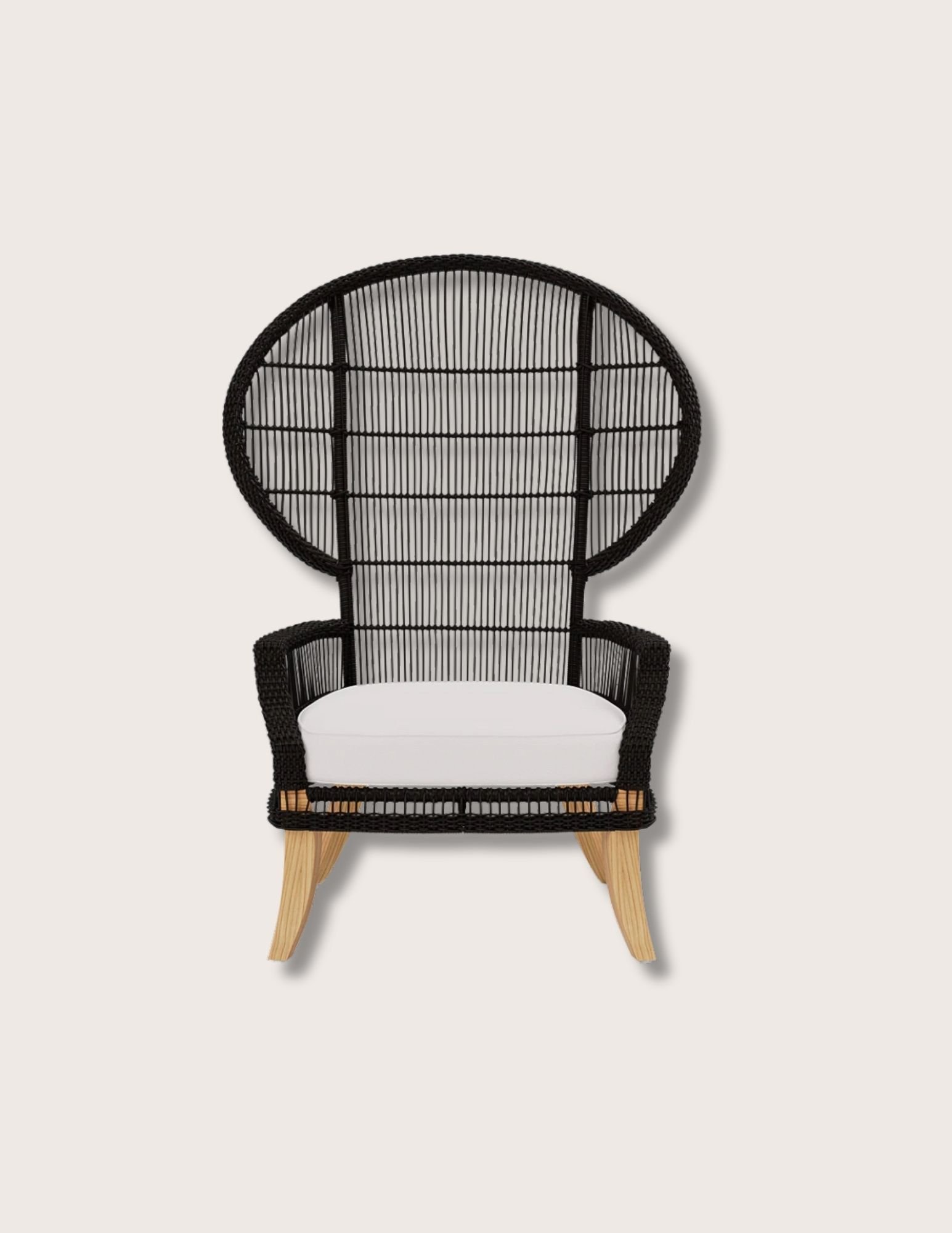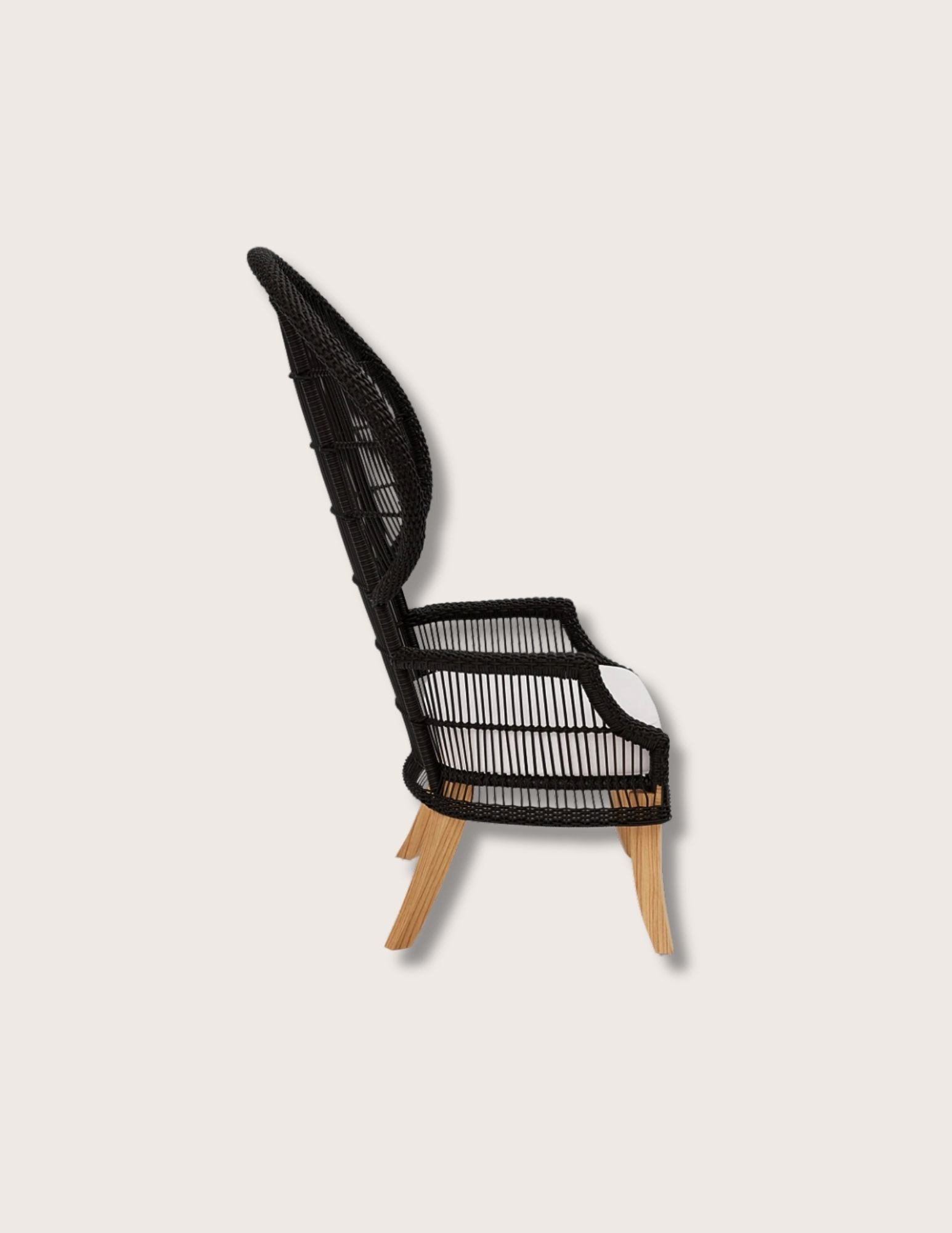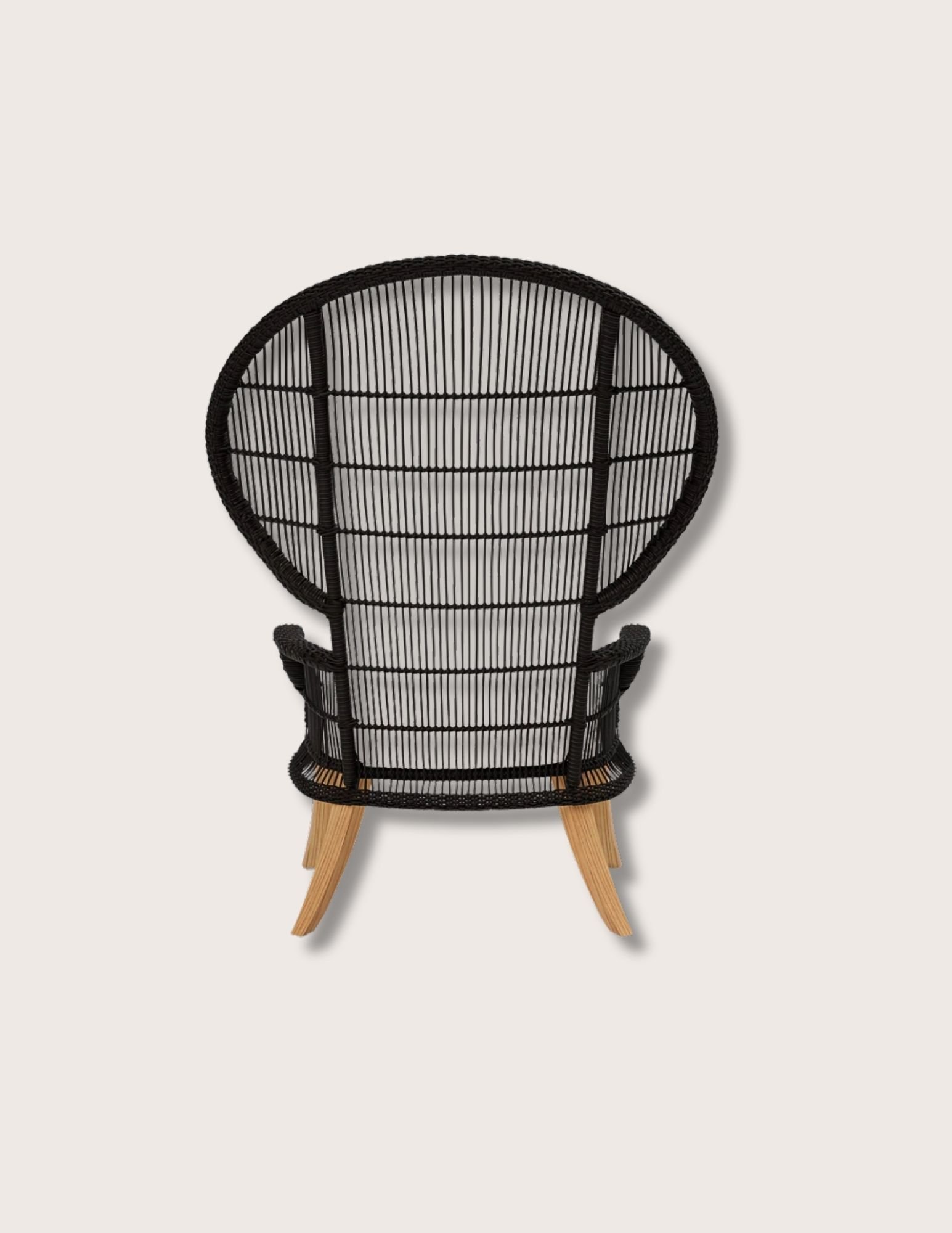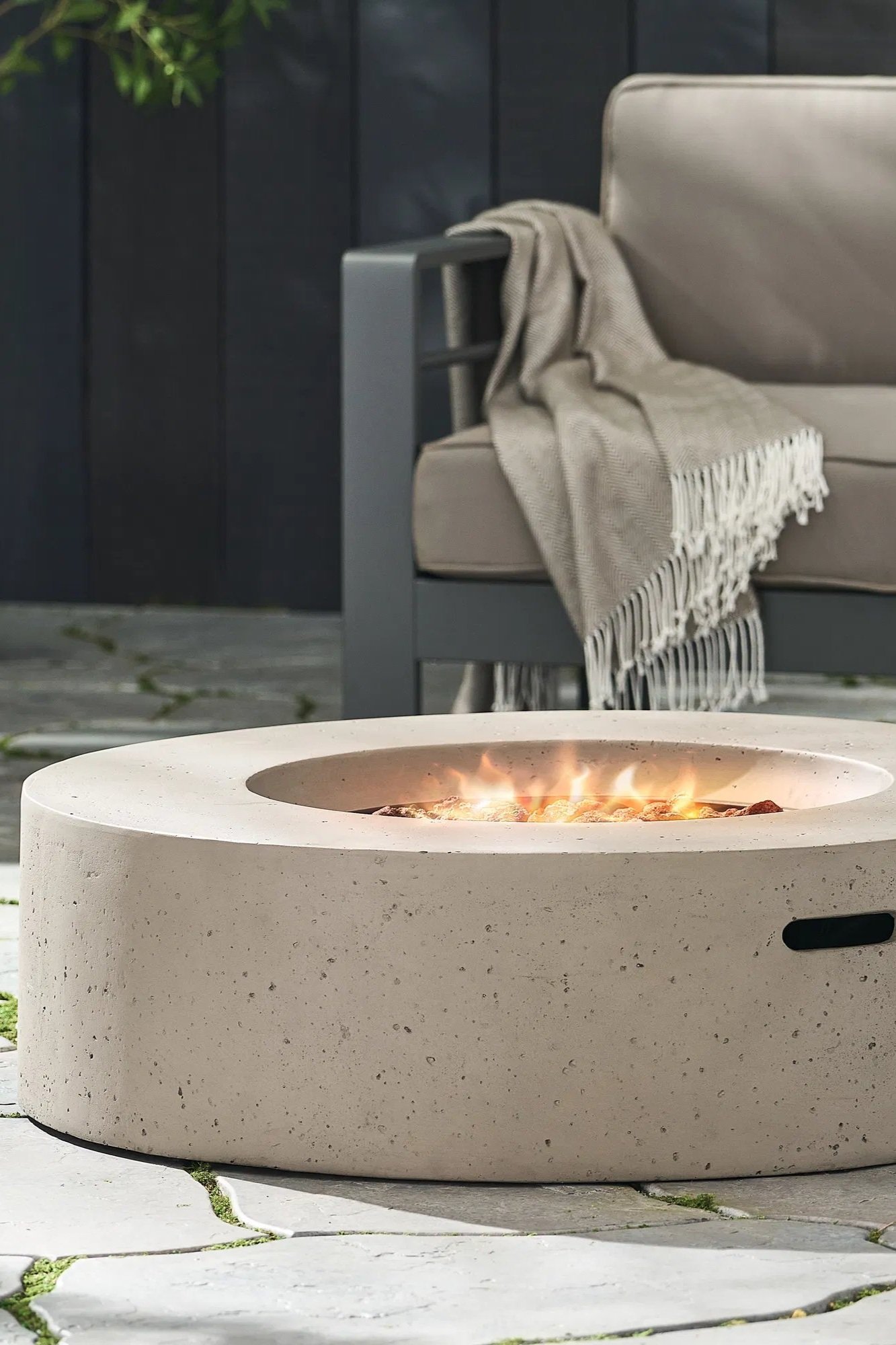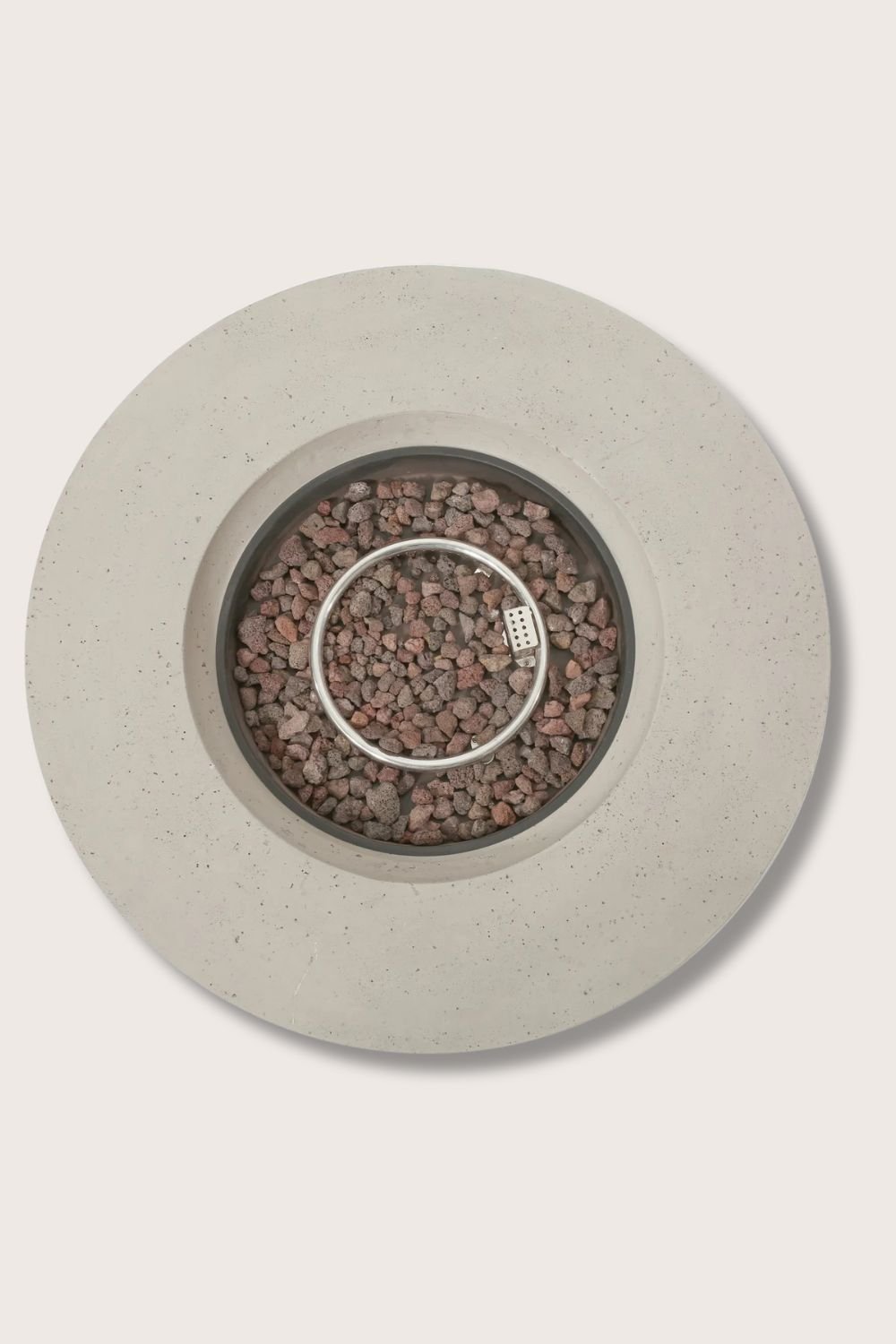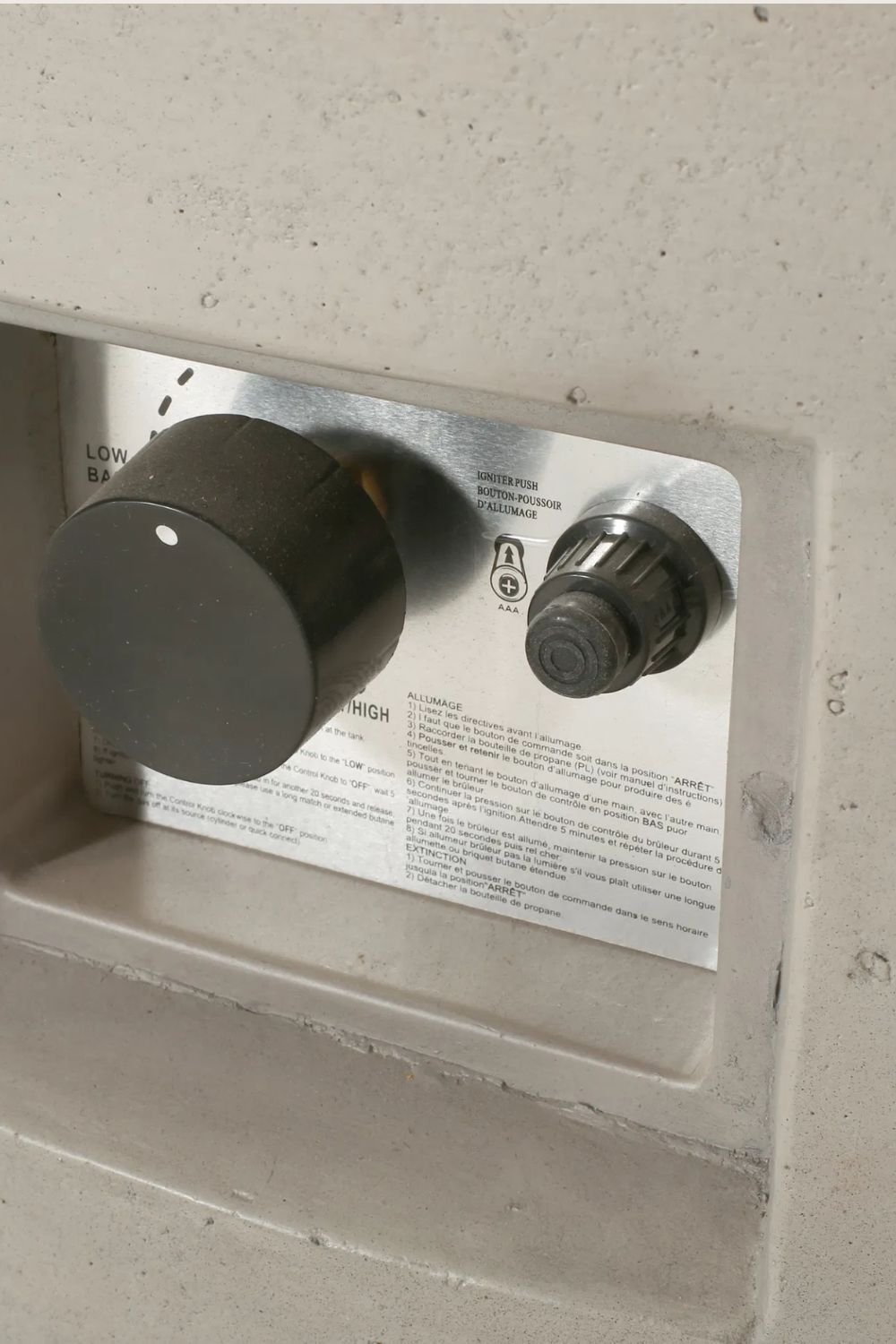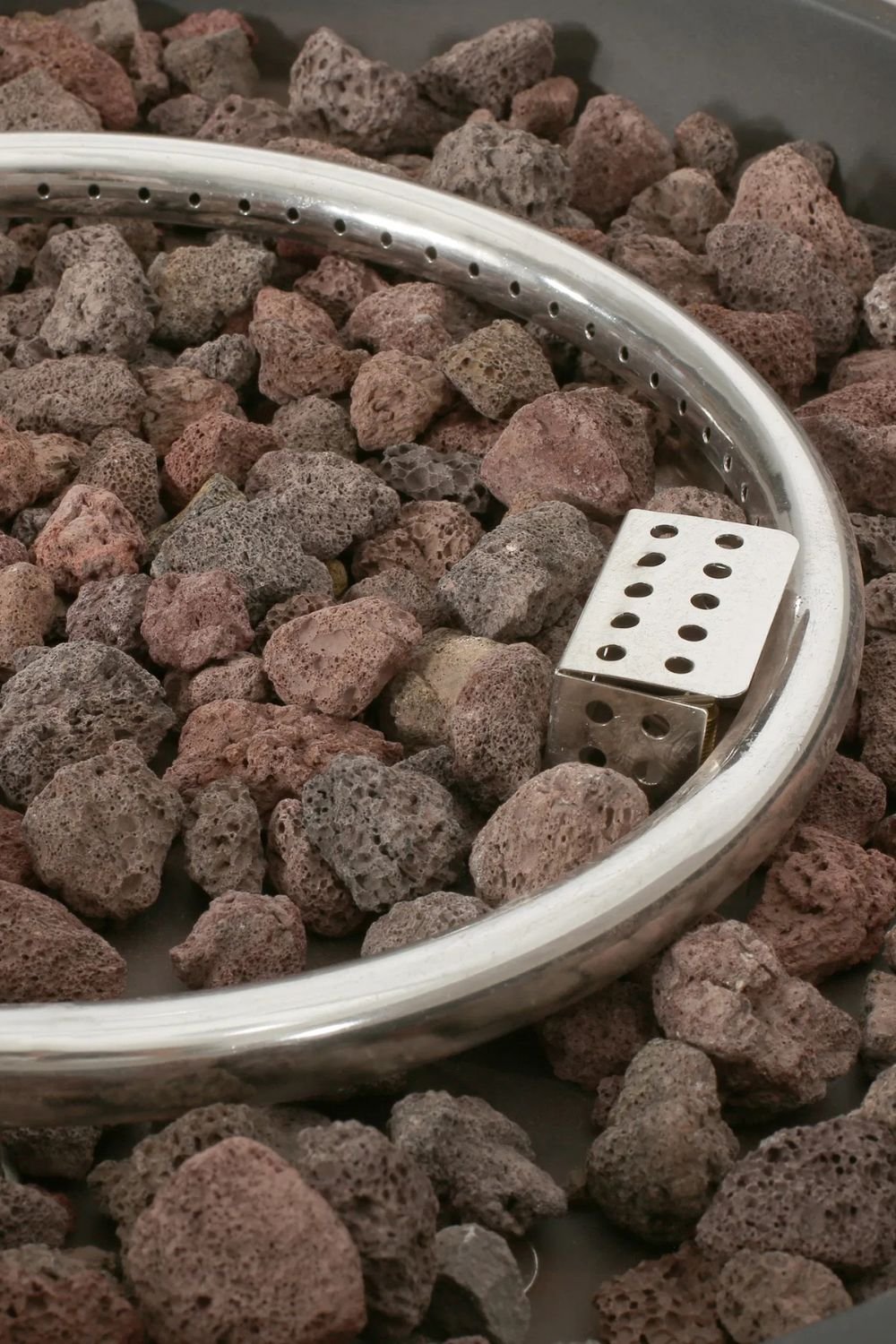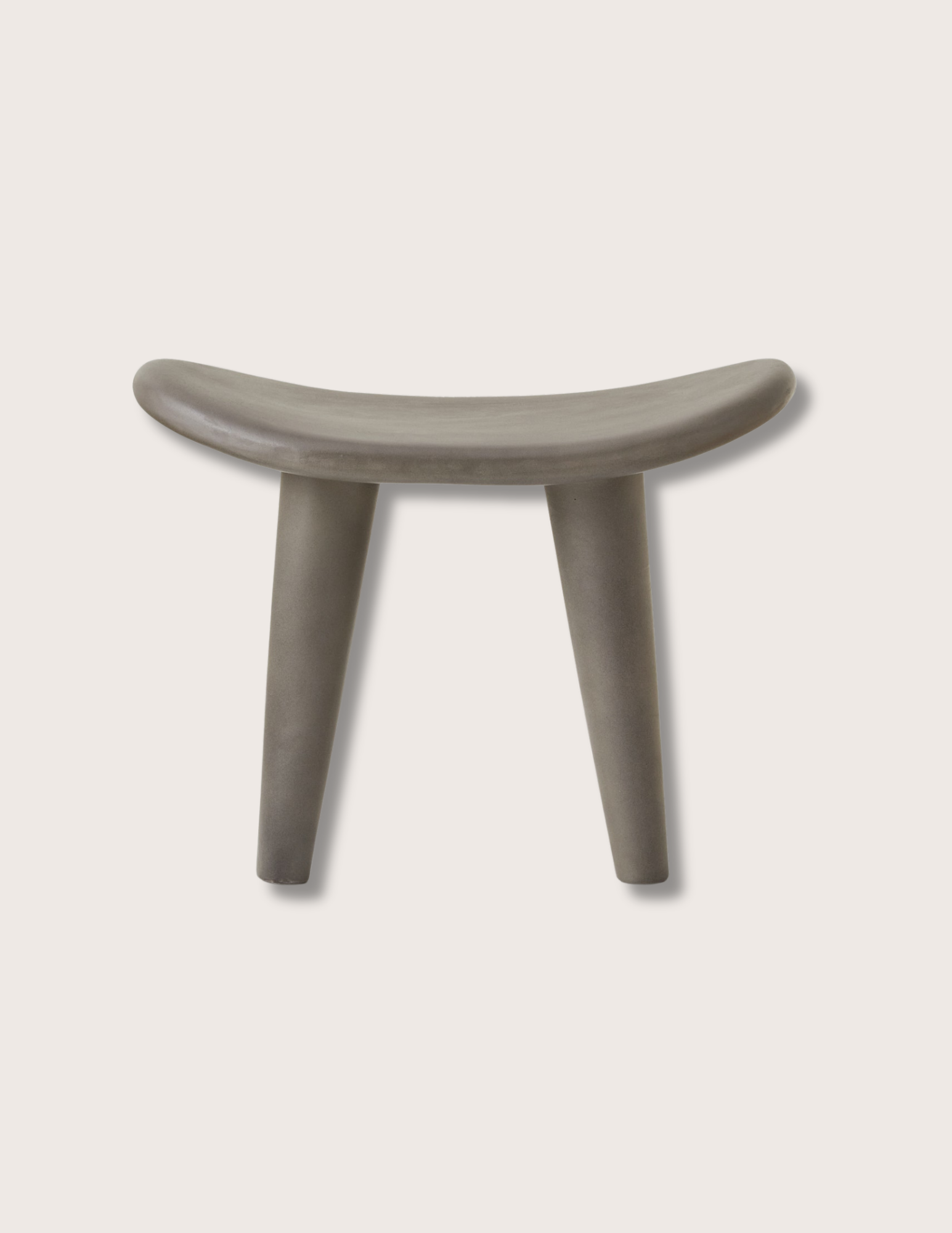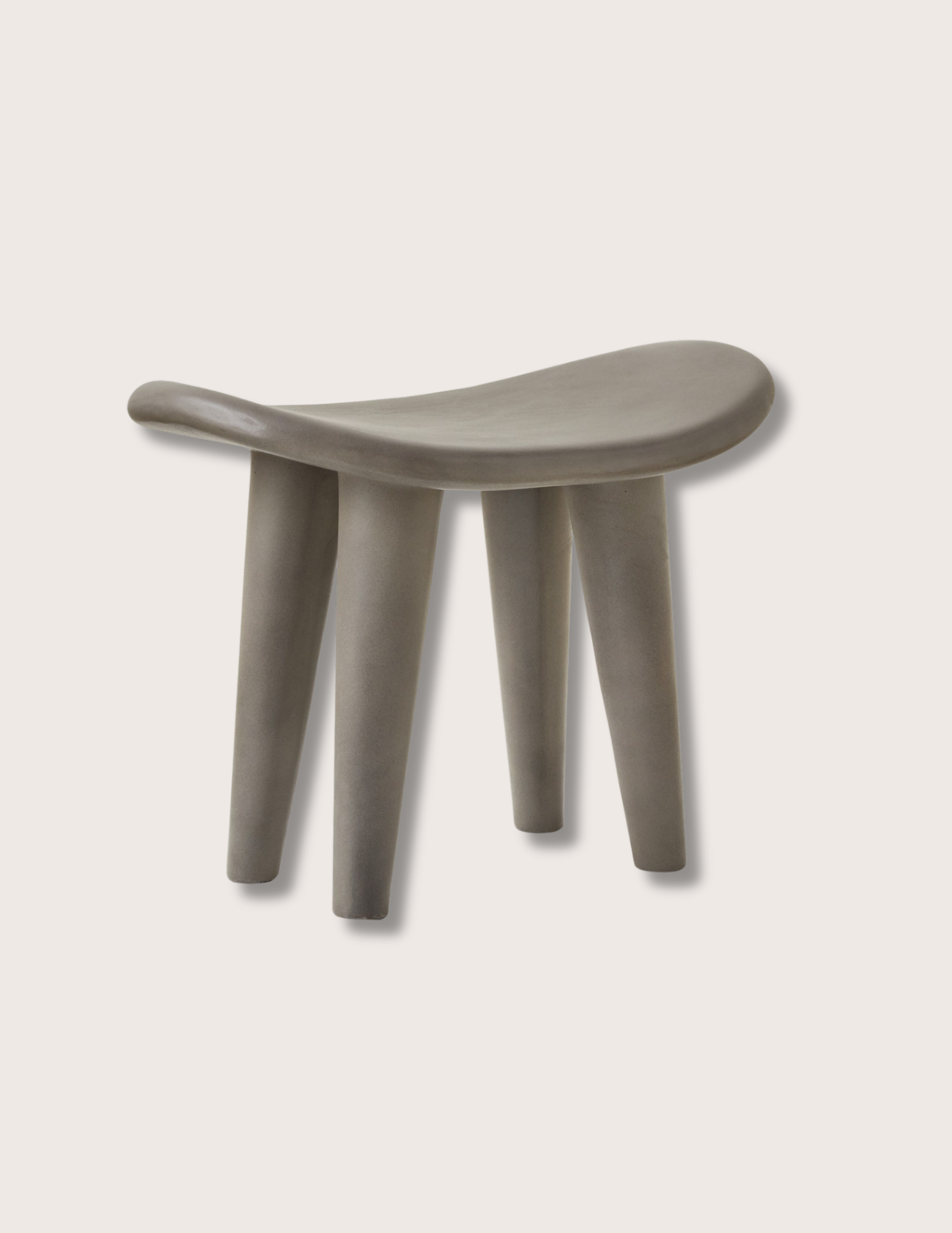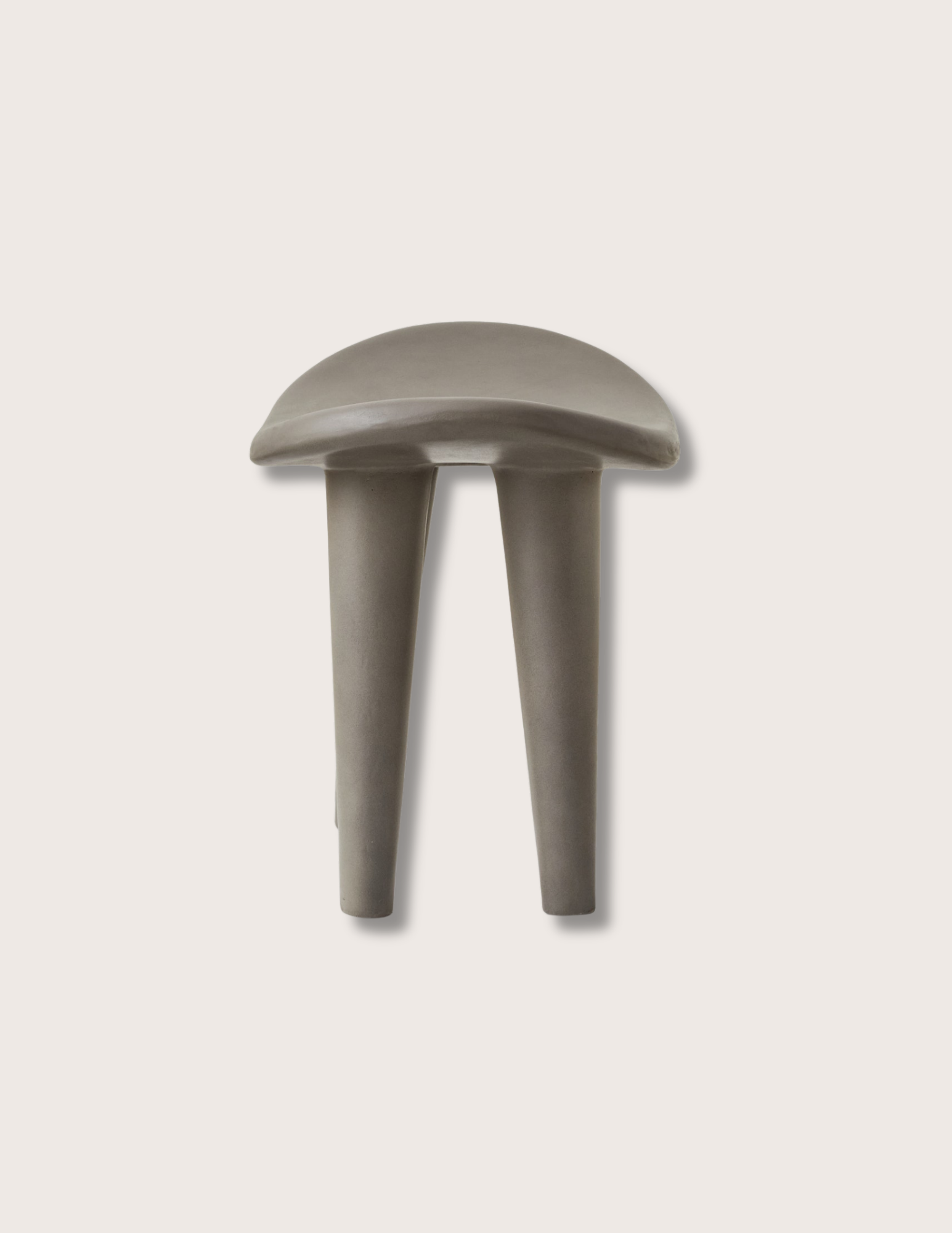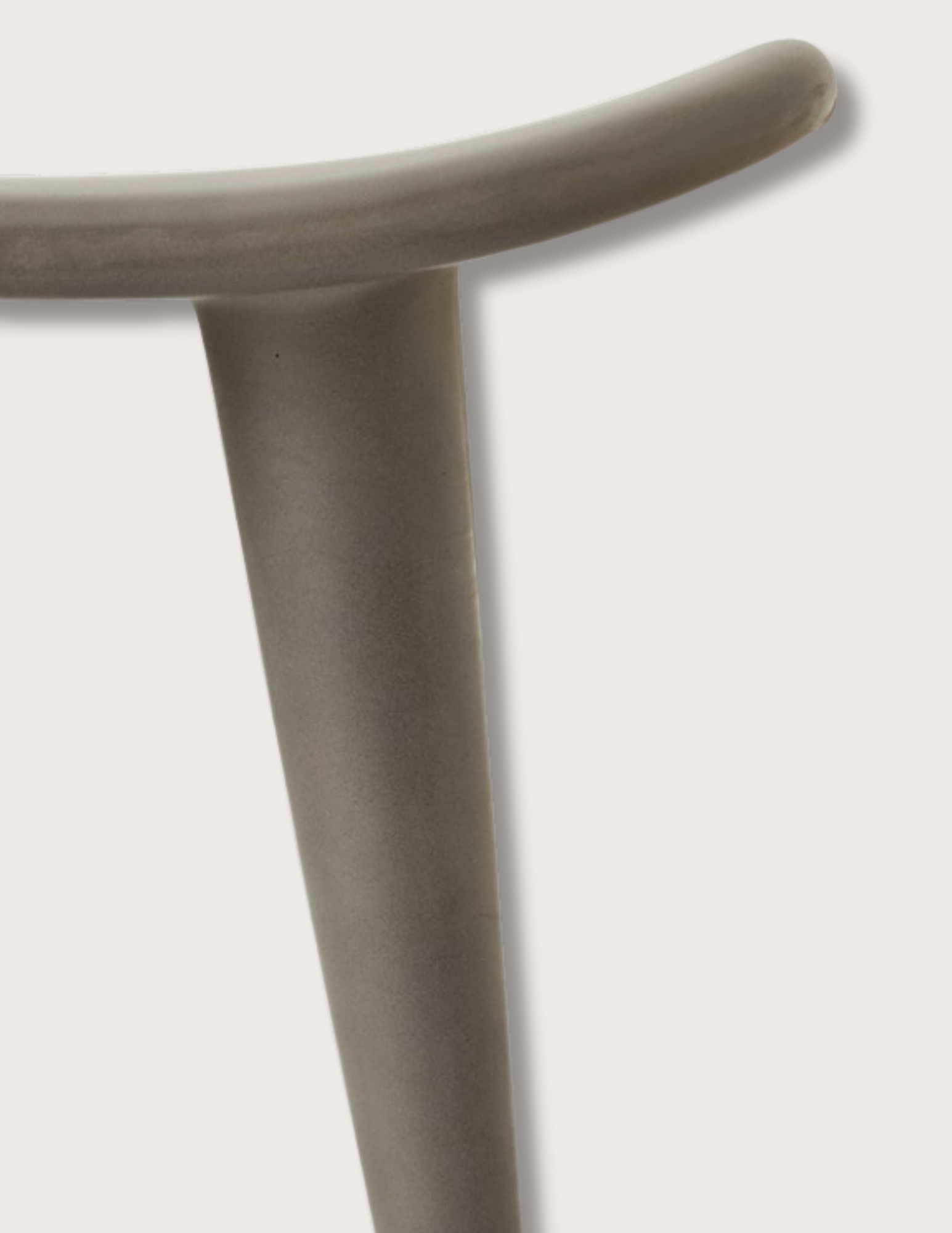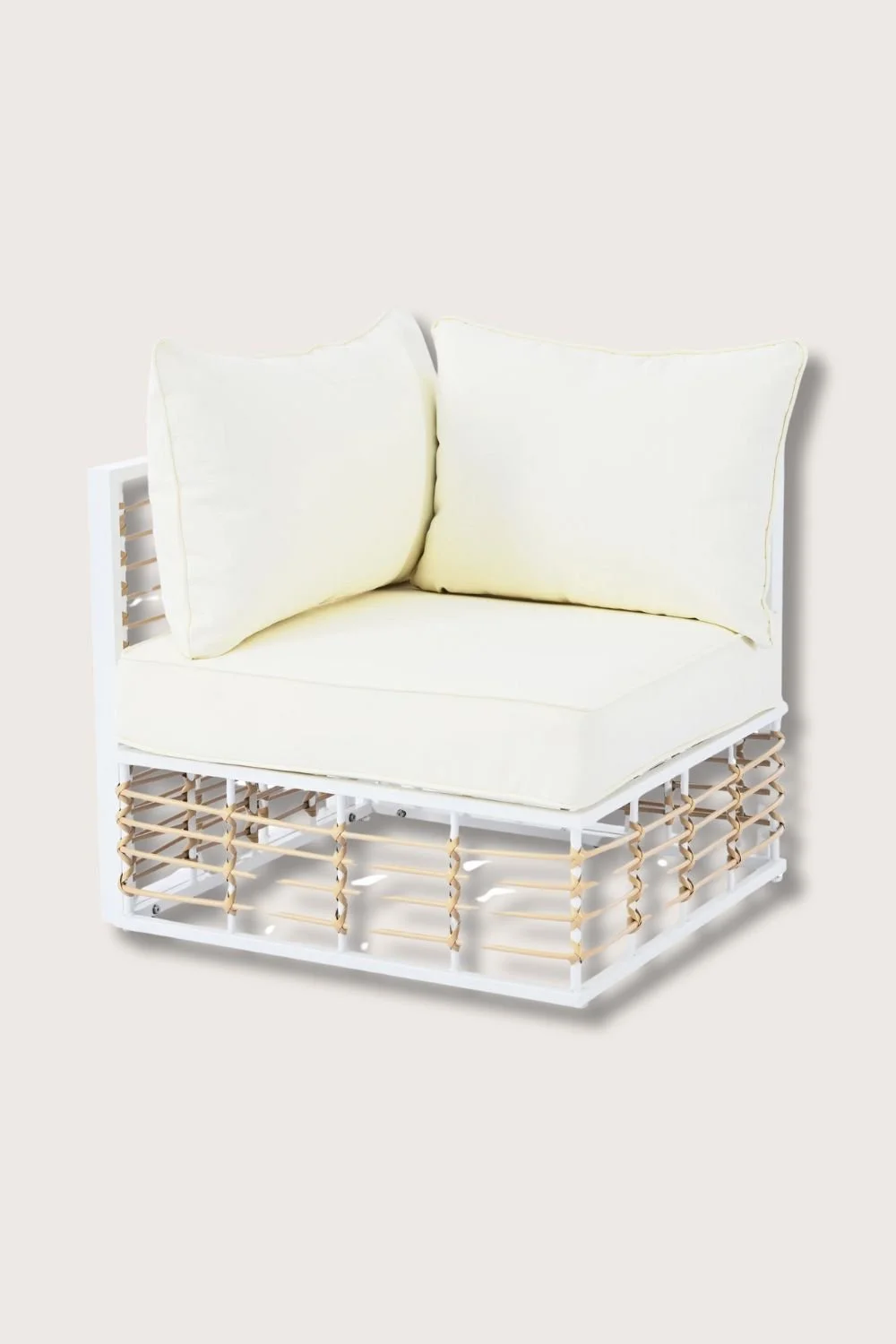Additional Details
Rattan Lounge Chair
Material: Faux Rattan
Size: 40"W x 26"D x 56"H
Arm Height: 22.80"
Seat Depth: 23.60"
Seat Height: 17.3"
Seat Height (without cushion): 13.4"
Weight: 28 lbs
Made with weather resistant material that is suitable for outdoors.
This item is handcrafted and may show slight variation in size from one piece to another.
Imported
Made to order
Ships to the continental US in 6-8 weeks
Care Instructions: To maintain finish, apply teak oil. Untreated teak will naturally begin to form a beautiful, silvery gray patina. Wipe spilled liquids immediately from the frame before they soak into the finish. Clean upholstery spills using a soft-bristled cleaning brush or soft-bristled toothbrush with mild multi-surface cleaner and water. Rinse and let dry completely. Remove dirt with a mild cleaner or soap with a soft cloth. Avoid harsh chemicals, ammonia-based cleaners, or abrasives. In winter months (or when not in use), move furniture to a sheltered area and cover.

